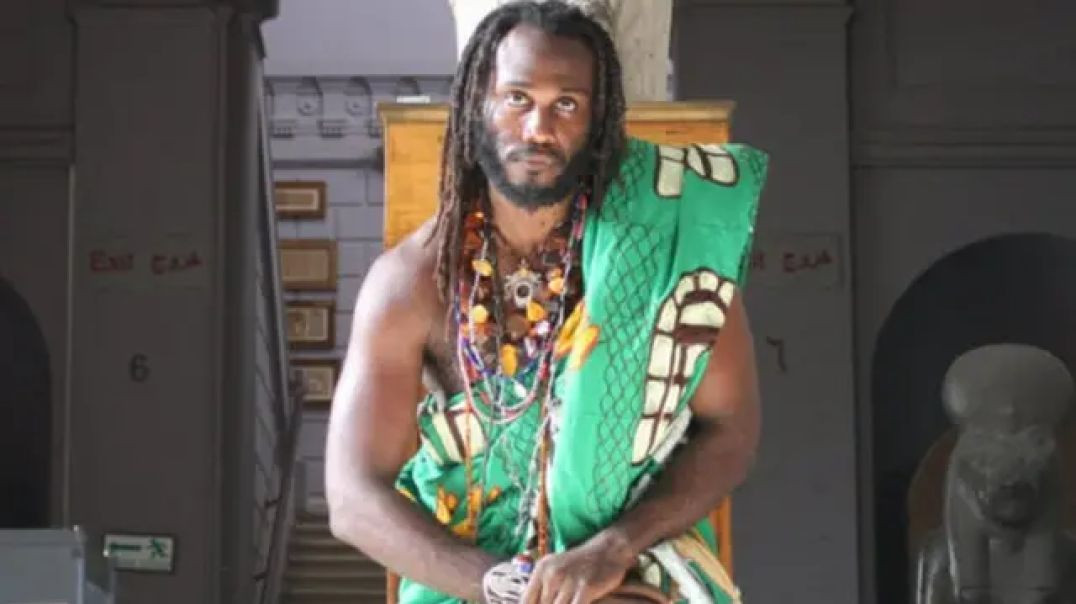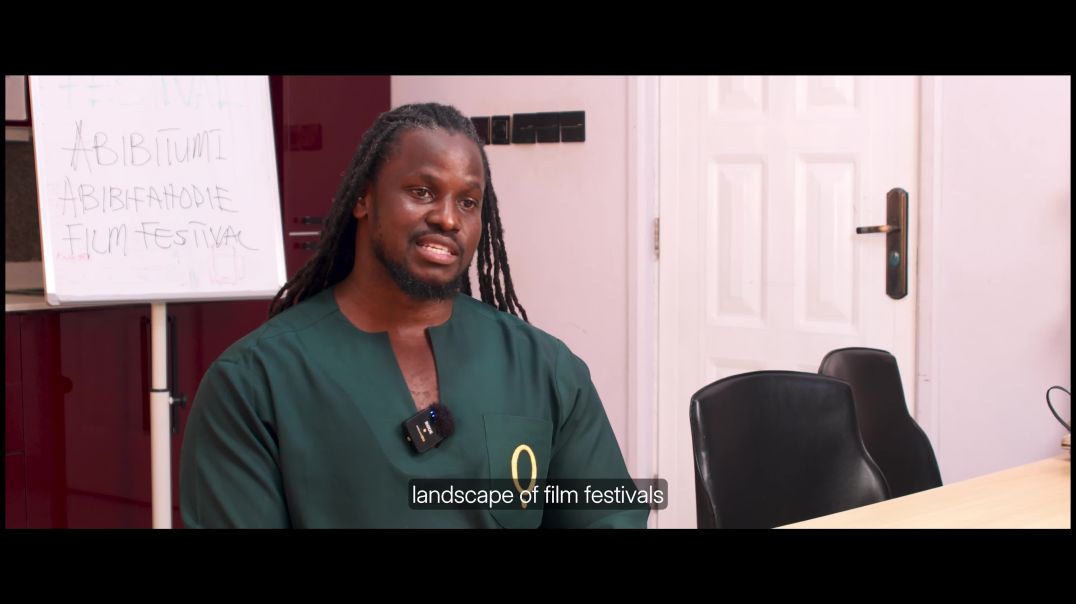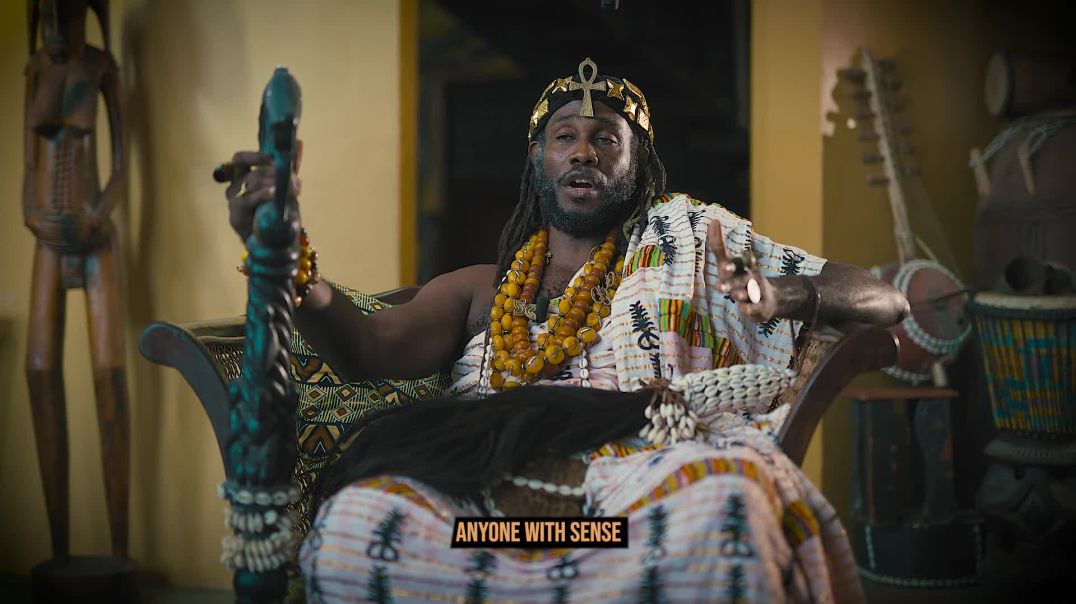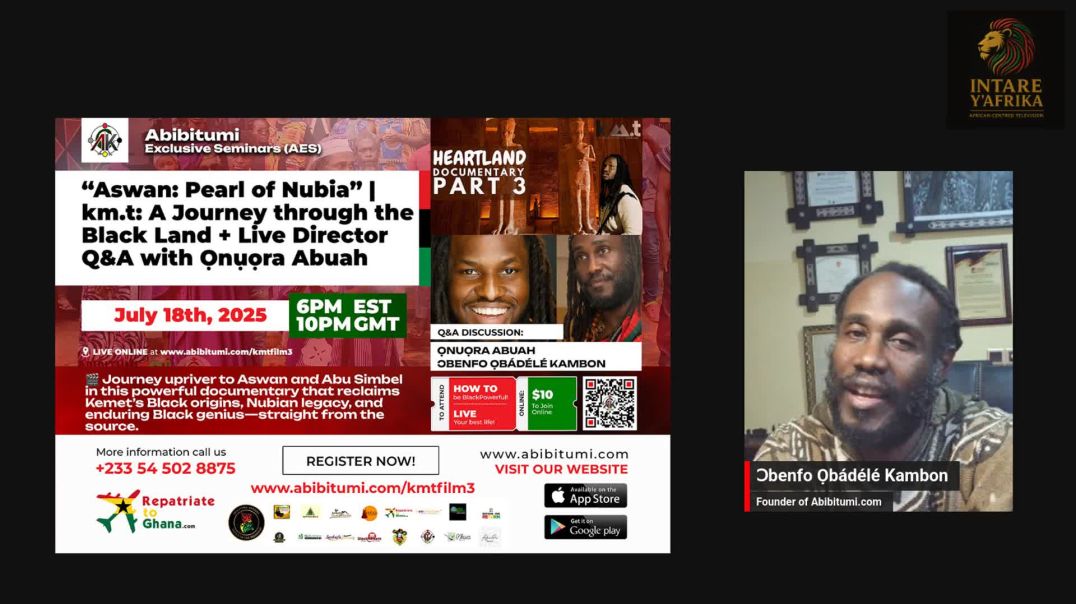- General Videos
- Music
- Economics
- Health
- Travel & Events
- History
- Psychology
- Spirituality
- Movies
- News & Politics
- Kmtyw Combat Sciences
- Ɔbenfo Ọbádélé Kambon Videos
- Ɔbenfoɔ Kamau Kambon: Black Liberation Philosophy
- Science, Tech, Engineering and Math
- Permaculture
- Self-Sustainability
- Living Off Grid
- Yoruba Language Learning
- Education
- Mmɔfra Adesua
- Nana Kamau Kambon Playlist
- Livestream
- Komplementarity Kouples and Revolutionary Singles
- Abibitumi Film Series
- Decade of Our Repatriation
- Live
The COLONIAL ROOTS of the genocide in Rwanda | Documentary
In April 1994, the parents of two-year-old Samuel Ishimwe were murdered in Rwanda. Their fate was shared by up to a million people in the genocide against the country’s Tutsi minority. Thirty years on, Samuel sets out to discover what set these terrible events in motion.
He undertakes a journey from Rwanda to Germany and Belgium, both former colonial powers in the small East African nation. He hopes it will help him to understand the basis for the Hutu majority’s animosity towards the country’s small Tutsi minority. In Rwanda and Europe, Samuel meets with historians and contemporary witnesses. He wants to understand what happened to make people in his homeland turn on each other in such a way. What role was played by the "Hamite hypothesis,” a theory that assigned the Tutsis racial superiority? What’s the story behind all the human skulls taken to Germany from Rwanda more than 100 years ago? And, he asks, are the former colonial powers to blame for the fact that his parents, like so many other Rwandans, had to die? Or do the Rwandans bear the responsibility for the terrible mass murders that occurred between April and July 1994?
Whereas Hutus and Tutsis in Rwanda saw themselves as belonging to different social classes, the German colonial rulers who were here from the late 19th century until 1916 defined them along ethnic, racial lines. In the 19th century, many Tutsis were members of an upper class with assets that included valuable cattle. The Hutus, on the other hand, were usually farmers with little or no livestock. For centuries, the kings of Rwanda were Tutsis. The Belgians drove the Germans out of Rwanda in World War One and assumed control of the country until its independence in 1962. These colonial rulers exacerbated the divisions between Hutus and Tutsis, exploiting discord to further their own interests. In the second half of the 1950s, the Belgians withdrew their support for the king and the ruling Tutsi government, facilitating a Hutu power grab. Large numbers of Tutsis came under attack at the time. Hundreds of thousands fled the country.
30 years after the genocide, peace now prevails in Rwanda. President Kagame’s policies have worked to break down adherence to Hutu and Tutsi identities. Does this mean that the country’s dark past and the distrust that long simmered between the groups has now been overcome?
#documentary #dwdocumentary
______
DW Documentary gives you knowledge beyond the headlines. Watch top documentaries from German broadcasters and international production companies. Meet intriguing people, travel to distant lands, get a look behind the complexities of daily life and build a deeper understanding of current affairs and global events. Subscribe and explore the world around you with DW Documentary.
Subscribe to:
⮞ DW Documentary (English): https://www.youtube.com/dwdocumentary
⮞ DW Documental (Spanish): https://www.youtube.com/dwdocumental
⮞ DW Documentary وثائقية دي دبليو (Arabic): https://www.youtube.com/dwdocarabia
⮞ DW Doku (German): https://www.youtube.com/dwdoku
⮞ DW Documentary हिन्दी (Hindi): https://www.youtube.com/dwdochindi
For more visit: http://www.dw.com/en/tv/docfilm/s-3610
Follow DW Documentary on Instagram: https://www.instagram.com/dwdocumentary/
Follow DW Documental on Facebook: https://www.facebook.com/dwdocumental
We kindly ask viewers to read and stick to the DW netiquette policy on our channel: https://p.dw.com/p/MF1G





















I also notice this in the USA as well...you have Negroes who are attacking natives from Mexico ( I a not a fan of these people but they are natives) claiming these "illegal immigrants" are taking these jobs but they won't attack those who are hiring them. It is truly amazing how people attack one another in the service of White hegemony. These racist Latinos and Native Latin speakrs come to the USA with an anti Black attitude to serve White people.
Germans took the human remains of Black people out of African. Amazing.
The FBA/ADOS are trying to erase Africans from history in the Americas be renaming them Americans basically saying Africans contributed nothing to world white many are Africans themselves in order to serve Europeans. I seen a Negro with a handle "Black Tucker Carlson" . Truly, Amazing.
North Korea v South Korea
North Vietnam vs South Vietnam
Taiwan vs China
It is amazing how Western Eurasian Behavior has not changed ever.
I have experienced the same thing in the USA in the 1990s, In the city I lived in, it was amazing how the token Black teachers they hired would attack certain Black people that the White people didn't like in the City I lived in.